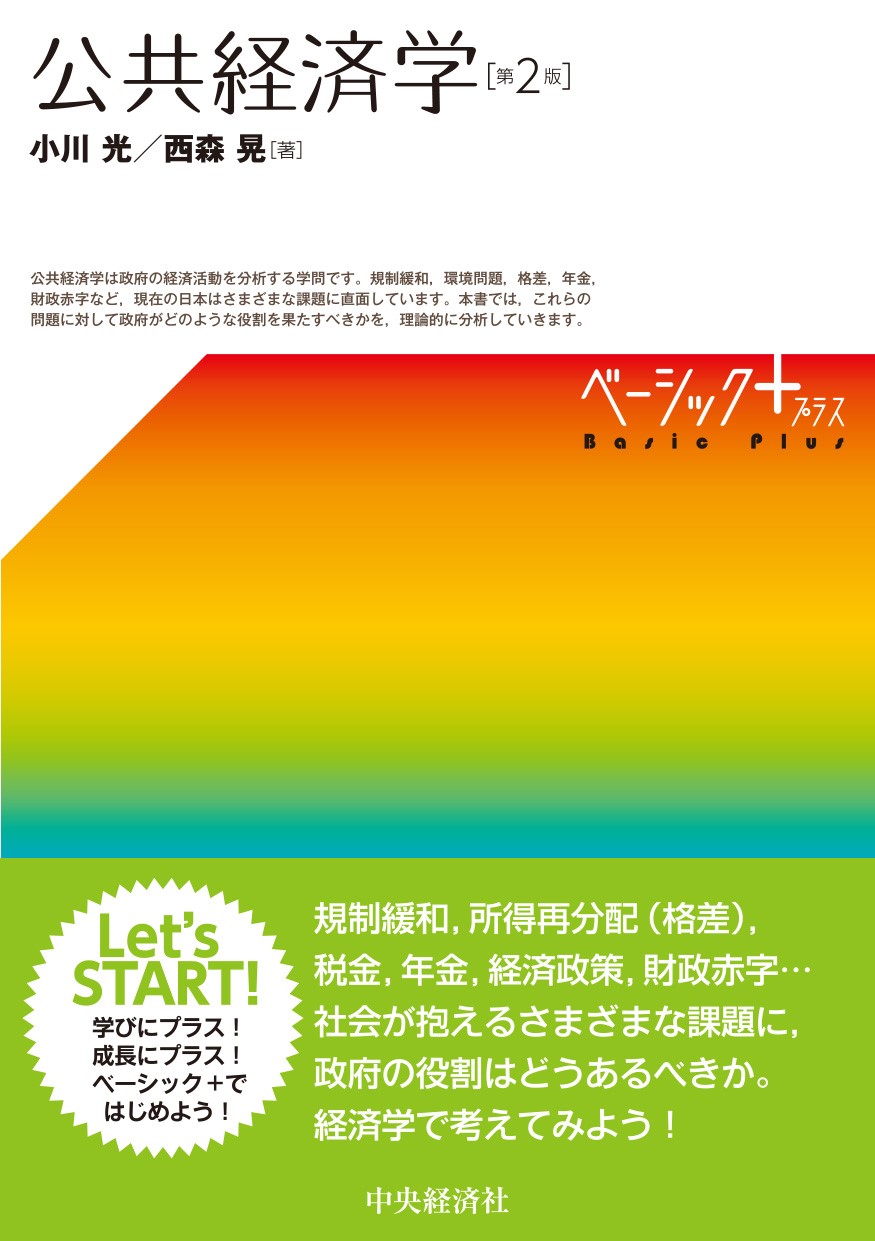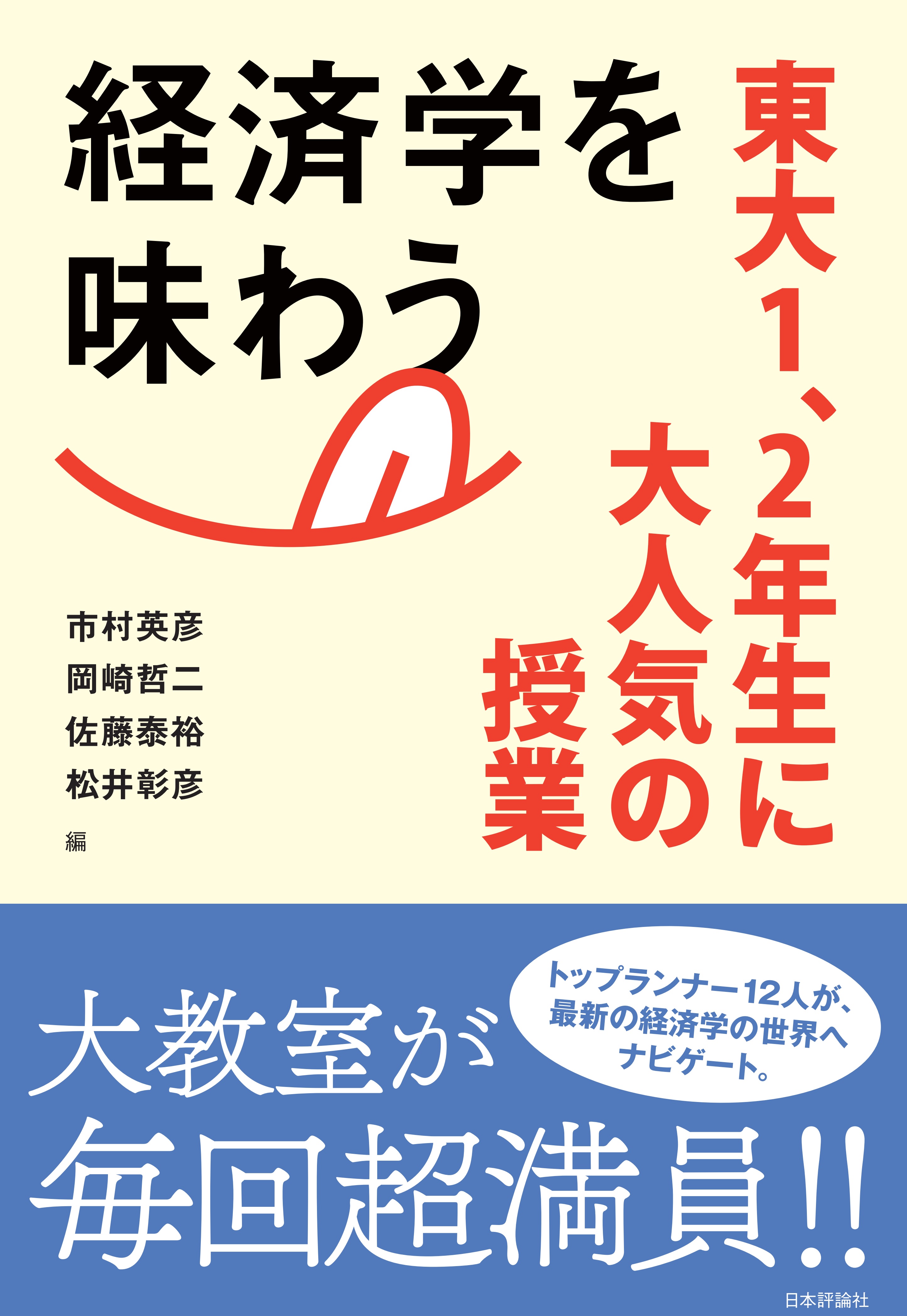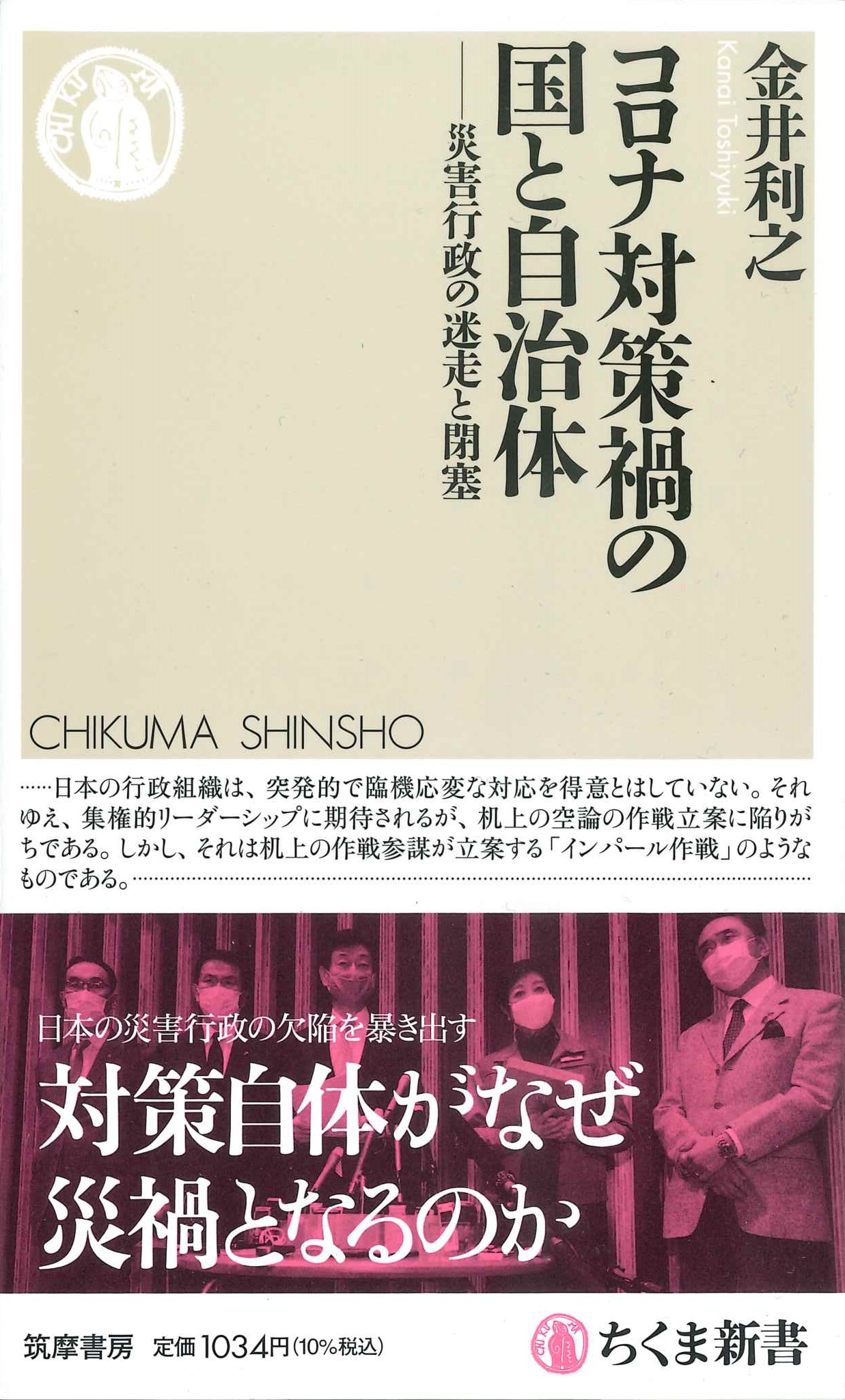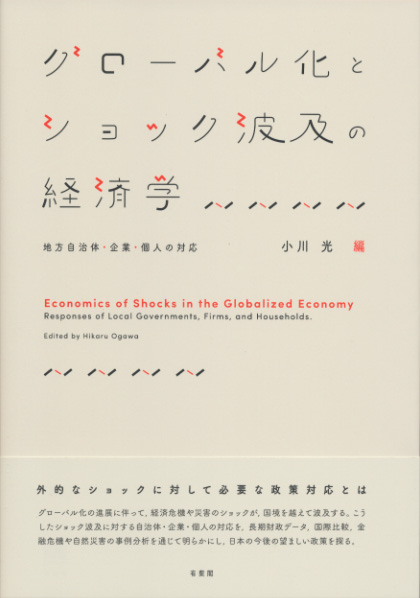
Title
Basic+ Kōkyō-Keizai-gaku (Public Economics [2nd Edition])
Size
248 pages, A5 format
Language
Japanese
Released
January 25, 2022
ISBN
978-4-502-41171-7
Published by
CHUOKEIZAI-SHA Holdings, Inc.
Book Info
See Book Availability at Library
Japanese Page
“Apparently, the word that is by far the most beloved by the Japanese is doryoku [effort]. Without hesitation, the word that I would choose is jiyuu [freedom].”
The book begins with this quote from the Japanese novelist Haruki Murakami. Although their intentions likely differ from Murakami’s, most economists also like the word jiyuu [freedom]. This is because economists believe that people’s free choice is what brings about economic development and has the power to steer society in an optimal direction.
That said, over the past two years, we have had to endure lives that are the polar opposite of “freedom.” Various restrictions on our activities—the wearing of masks, shortened business hours, prohibition of travel within the country as well as abroad—were imposed on us.
The book continues after Murakami’s quote as follows:
“Obviously, that does not mean that people should be free to do whatever they choose. There are problems that cannot be resolved by freedom and that are the consequence of freedom. In some cases, resolution of problems requires the government to restrict people’s freedom or to intervene in people’s actions.”
To this point, the COVID-19 pandemic was a two-year period in which the government restricted individual freedoms in response to an issue that was a consequence of people’s freedom. To what degree should individual freedoms be protected, and what role should governments play? These are themes that are especially important for social science. This book was written as an introductory textbook in public economics, which is the discipline that attempts to answer these questions from an economic standpoint.
The first edition of this book was published in 2015. The economy is a living organism, and, accordingly, governmental policies evolve continuously over time. The second edition of this book was revised to bring the book up to date and to address changes that have occurred since the original publication. The COVID-19 pandemic resulted in the deployment of vast fiscal resources, and data on governmental expenditures and public debt have changed drastically. The book cites a tweet from an infectious disease expert who are displeased with the need for “bribes” from the government, i.e., beer coupons, lottery tickets, and even cash, to get people to vaccinate to discuss why such “bribes” are appropriate. We also added an explanation of the idea of raising public transportation fares during peak hours (and lowering fares during non-peak hours), which the government started exploring in 2021 during the COVID-19 pandemic, in relationship with the peak-load pricing theory in public economics. Other contents of the book from seven years ago were revised to account for changes in circumstances resulting from the COVID-19 pandemic.
Although some of the content has changed, the hopes of the authors remain the same—namely that the book, through its explanation of how public economics sees the role of government in addressing various issues, will serve as an opportunity for readers to think about these issues using the tools of economics. We hope that readers also experience the joy of learning economics and understanding the world through the lens of economics, which the two authors experienced as college students.
(Written by OGAWA Hikaru, Professor, Graduate School of Public Policy, Graduate School of Economics / 2022)



 Find a book
Find a book




